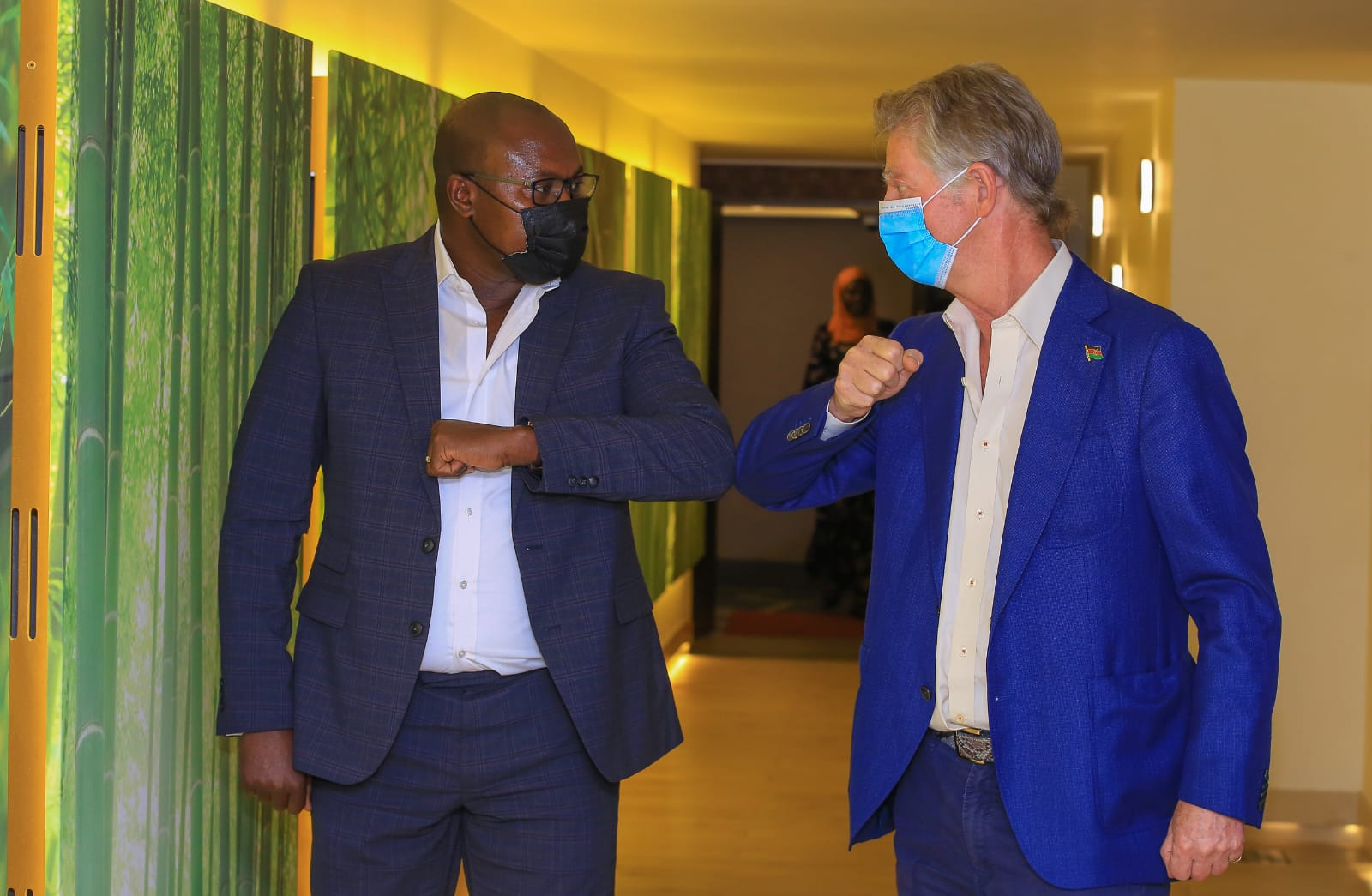Zoho, a global technology company offering the most comprehensive suite of business software applications in the industry, today announced that its enterprise collaboration and communications platform, Workplace, now serves more than 16 million users globally.
The company attributes this substantial growth to increasing business demand for contextual applications with utmost standards for user privacy as well as rising costs from other collaboration platform providers.
Since the start of the pandemic, Zoho Workplace adoption has accelerated as businesses of all sizes transitioned to digital-forward, remote work.
“Zoho has always been about persistent long-term execution, and our investment in Zoho Workplace attests to that. As competitors continue to raise prices or eliminate free editions for those who need them most, Workplace continues to serve businesses and professionals with a feature-rich suite that increases productivity while remaining broadly affordable,” said Hyther Nizam, President MEA, Zoho Corporation “Our ad-free approach and respect towards user privacy will add to the overall experience that our solution provides.”
Zoho Workplace experienced 34% year-to-year growth in 2021, with more than 40% of new customers making the switch from Google and Microsoft. Growth was strong in all segments, with the SMB customer base increased 40%, mid-sized by 36%, and enterprises by more than 20%. In Kenya, the Workplace customer base saw 73% growth in 2021 while overall growth in Africa was 59%.
Demand is largely driven by businesses still facing the harsh realities of the pandemic, and its impact on their growth and budget. Unforeseen hikes in operational costs to support collaboration makes it more difficult for these businesses to recover and thrive. Within days of Google announcing that it would be ending the free edition of Workspace, Zoho’s Workplace platform experienced a 120% increase in migrations from Google-hosted domains.
“Zoho is unique amongst its productivity suite competitors for not rolling out a cost increase for 2022, nor removing their freemium offerings,” commented Thomas Randall, Senior Research Analyst at Info-Tech Research Group. “Other providers have justified price add-ons and increases to reflect the additional value they believe their customers have received over the pandemic for using their tools. Yet freemium offerings and price consistency have been central for many customers and businesses to stay afloat during lockdowns. Now that such offerings are in short supply, Zoho will likely see increased demand for their Workplace services as customers seek strong ROI for productivity and collaboration software.”
Zoho Workplace is available in three editions: Standard (KES210 per user, per month, billed annually) Professional (KES420 per user, per month, billed annually), and Mail-only (KES70 per user, per month, billed annually).
About Zoho
With 50+ apps in nearly every major business category, including sales, marketing, customer support, accounting, and back-office operations, and an array of productivity and collaboration tools, Zoho Corporation is one of the world’s most prolific technology companies. Zoho is privately held and profitable with more than 10,000 employees. Zoho is headquartered in Chennai, India. Additional offices are in the United States, India, Japan, China, Canada, Singapore, Mexico, Australia, the Netherlands, Brazil, Saudi Arabia, and the United Arab Emirates. For more information, please visit www.zoho.com/





















